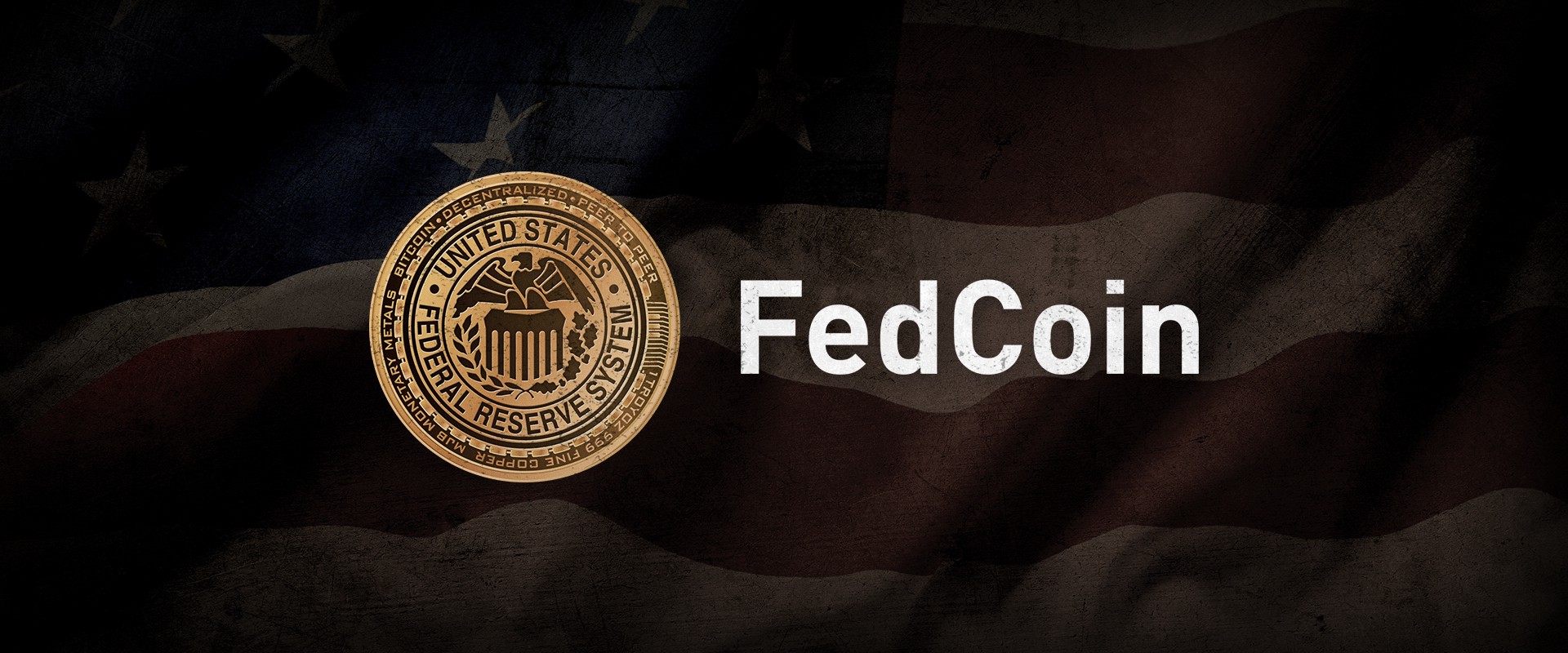PALO ALTO, Calif. (Reuters) - The Federal Reserve is taking a look at a broad range of problems around digital payments and currencies, including policy, style and legal factors to consider around potentially releasing its own digital currency, Governor Lael Brainard stated on Wednesday. Brainard's remarks suggest more openness to the possibility of a Fed-issued digital coin than in the past." By transforming payments, digitalization has the potential to provide greater value and benefit at lower cost," Brainard said at a conference on payments at the Stanford Graduate School of Company.
Reserve banks worldwide are discussing how to handle digital finance innovation and the dispersed journal systems utilized by bitcoin, which assures near-instantaneous payment at potentially low expense. The Fed is establishing its own round-the-clock real-time payments and settlement service and is currently evaluating 200 remark letters sent late last year about the suggested service's design and scope, Brainard stated.
Less than two years ago Brainard told a conference in San Francisco that there is "no compelling showed requirement" for such a coin. However that was before the scope of Facebook's digital currency ambitions were extensively understood. Fed authorities, including Brainard, have actually raised issues about customer defenses and data and privacy hazards that could be positioned by a currency that might enter into use by the third of the world's population that have Facebook accounts.

" We are working together with other main banks as we advance our understanding of reserve bank digital currencies," she stated. With more nations looking into issuing their own digital currencies, Brainard said, that adds to "a set of reasons to likewise be making certain that we are that frontier of both research and policy development." In the United States, Brainard said, problems that need study consist of whether a digital currency would make the payments system much safer or easier, and whether it might position financial stability threats, consisting of the possibility of bank runs if money can be turned "with a single swipe" into the central bank's digital currency.
To counter the monetary damage from America's unmatched nationwide lockdown, the Federal Reserve has actually taken extraordinary actions, including flooding the economy with dollars and investing straight in the economy. Many of these moves received grudging approval even from numerous Fed skeptics, as they saw this stimulus as needed and something just the Fed might do.
My new CEI report, "Government-Run Payment Systems Are Risky at Any Speed: The Case Against Fedcoin and FedNow," details the threats of the Fed's existing prepare for its FedNow real-time payment system, and proposals for central bank-issued cryptocurrency that have been dubbed Fedcoin or the "digital dollar." In my report, I talk about concerns about privacy, information security, currency manipulation, and crowding out private-sector competitors and innovation.
Proponents of FedNow and Fedcoin state the federal government needs to develop a system for payments to deposit immediately, rather than encourage such systems in the private sector by lifting regulatory barriers. But as kept in mind in Check out this site the paper, the private sector is offering a seemingly limitless supply of payment technologies and digital currencies to fix the problemto the extent it is a problemof the time gap between when a payment is sent out and when it is gotten in a savings account.
And the examples of private-sector development in this area are numerous. The Cleaning House, a bank-held cooperative that has been routing interbank payments in various kinds for more than 150 years, has been clearing real-time payments because 2017. By the end of 2018 it was covering half of the deposit base in the U.S.